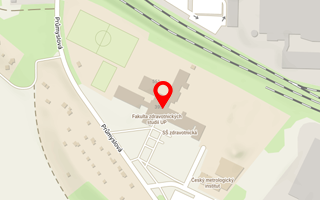Publikace detail
Efficacy and safety of oral fumarate in patients with remitting-relapsing multiple sclerosis: a multicentre, randomized, double-blind, placebo-controlled Phase IIb study
Autoři:
Kappos L | Gold R | Miller D.H. | Macmanus D.G. | Ehler Edvard
Rok: 2008
Druh publikace: článek v odborném periodiku
Název zdroje: Lancet
Název nakladatele: The Lancet Publishing Group
Místo vydání: London
Strana od-do: 1463-1472
